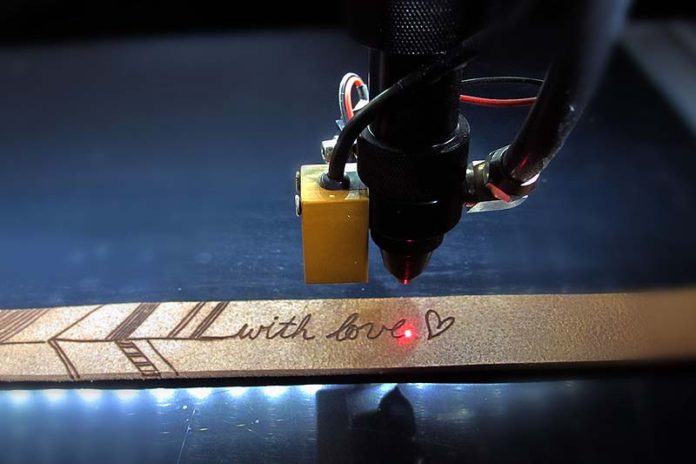The Essential Role of Metal Welding in Modern Manufacturing
Welding is a huge part of manufacturing, providing the strength and precision needed to create a wide range of products. From automotive parts to complex industrial machinery, welding connects the building blocks of modern industry. This article explores the types of welding techniques, the benefits of professional welding services, and how innovations in the field are shaping the future of manufacturing.
Types of Welding Techniques Used Today
The welding industry involves several methods, each suited to specific applications and materials. Here are some of the most widely used techniques:
- MIG Welding (Metal Inert Gas): Commonly used in manufacturing and construction, MIG welding is efficient and versatile, suitable for joining a variety of metals such as steel and aluminium.
- TIG Welding (Tungsten Inert Gas): Known for its precision, TIG welding is ideal for detailed work, particularly on thin materials. This technique is frequently used in the aerospace and automotive industries.
- Arc Welding: One of the oldest and most reliable methods, arc welding is often used in heavy industries for its ability to create strong and durable bonds.
- Spot Welding: Primarily used in the automotive sector, spot welding is perfect for joining thin sheets of metal quickly and effectively.
Each technique offers unique advantages, and choosing the right method depends on the project’s specific requirements.
Benefits of Professional Welding Services
Engaging professional welding services offers numerous advantages, ensuring high-quality results and efficient processes:
- Precision and Strength: Professional welders use advanced techniques to create strong and precise joints, essential for the durability of industrial products.
- Customised Solutions: Experts can tailor welding techniques to meet the unique demands of a project, whether it’s creating intricate designs or handling large-scale manufacturing tasks.
- Quality Assurance: Reputable welding services adhere to strict quality control standards, which means the finished products meet industry specifications and customer expectations.
- Time and Cost Efficiency: With access to advanced machinery and experienced technicians, professional welders can complete projects faster and more cost-effectively than in-house methods.
For tailored solutions and expert advice, working with specialists in metal welding means projects are completed to the highest standards.
Innovations in Welding Technology
The welding industry is continually changing, driven by advancements in technology and materials. Here are some of the latest innovations:
- Laser Welding: Laser technology enables precision welding with minimal heat input, reducing distortion and improving the quality of the weld.
- Robotic Welding: Automation is improving welding processes by increasing efficiency and consistency, particularly in large-scale production environments.
- Hybrid Welding: Combining traditional techniques with advanced methods, hybrid welding offers enhanced flexibility and strength for complex projects.
- Eco-Friendly Practices: Manufacturers are adopting sustainable practices, such as using energy-efficient equipment and recyclable materials, to reduce the environmental impact of welding processes.
Welding’s Role in Shaping Manufacturing’s Future
As industries continue to innovate, welding remains at the forefront of manufacturing. Its ability to create strong, precise, and durable connections makes it an indispensable part of modern production.
Whether you’re developing cutting-edge technology or maintaining essential infrastructure, partnering with professional welding services the quality and reliability of your projects. With advancements in techniques and tools, welding continues to adapt to the ever-changing demands of global industries.







